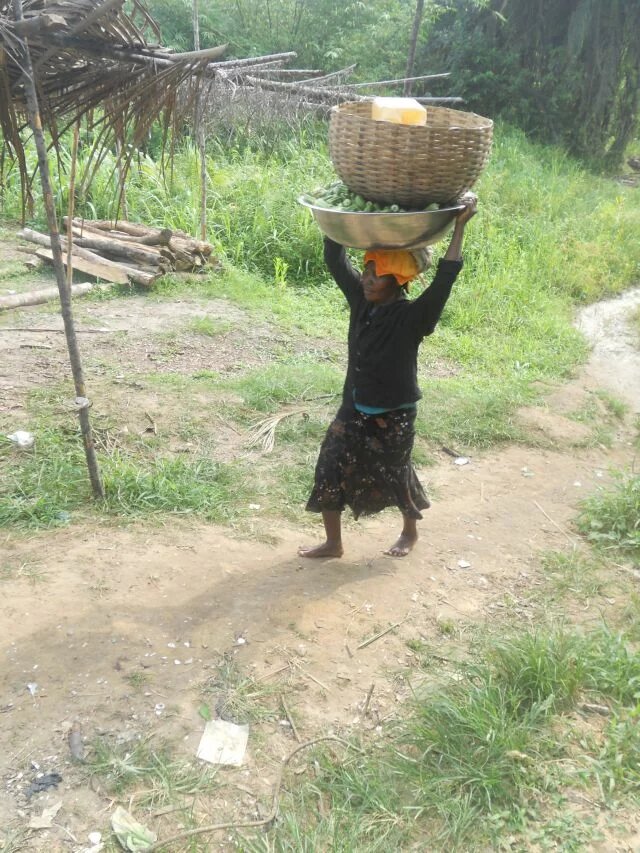
Although gender equality and women’s empowerment are acknowledged pre-requisites for sustainable development, climate change policies neglect these important issues. The UN Framework Convention on Climate Change (UNFCCC) and its Kyoto Protocol, focus predominantly on mitigation but, while the reality and impacts of climate change are widely visible and their causes recognised, mitigating the effects is only part of the solution. In Nigeria and other communities around the world the impacts of climate change are being felt, and urgent adaptation to these changes need to be given priority at the national and community levels. As managers of natural resources and caretakers of their communities, women need to be at the forefront of change.
Policy makers have identified the lack of gender desegregated data as a major challenge in bringing gender on the climate change agenda. Women’s perspectives must be included in climate change policy making at all levels and lessons learned must inform global policy making. There is a pressing need for this to happen given the major upcoming events such as the expiration of the Kyoto Protocol in 2012 and the UNFCCC’s 15th Conference of Parties in December 2009 in Copenhagen. Women’s expertise must be highlighted and must contribute to both mitigation and adaptation strategies.
This study was carried out to assess the impact of climate change on local communities from a gender perspective as well as make recommendation on how to combat the local consequences (adaptation measures) using the relevant local institutions/agents which also needed to be identified. It makes available much needed gender desegregated data on the impact of climate change thereby contributing towards filling the gap on the gender dimensions of climate change and feed the on-going discourse on climate change as Nigeria prepares for the UNFCCC’s 15th Conference of Parties.
This publication was commissioned by the Heinrich Böll Foundation, Nigeria. It captures the impact of climate change on men and women in characteristic disaster areas of the South-Eastern and North-Central regions of Nigeria. It therefore provides good reference material for further research and advocacy on the subject. It is hoped that it will go a long way into genderising the discourse on climate change in Nigeria.